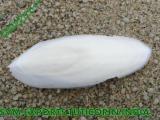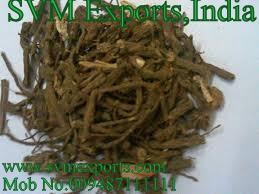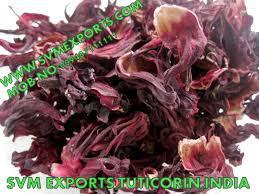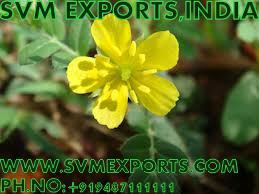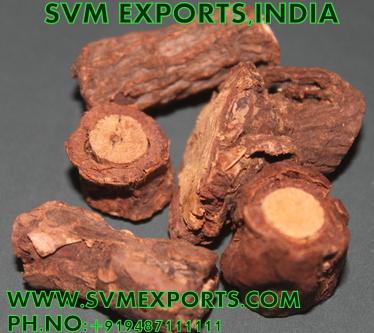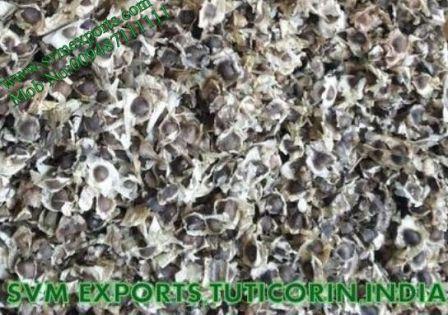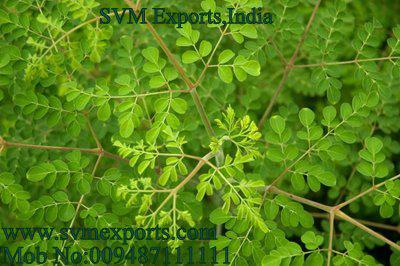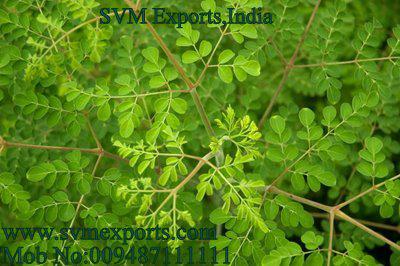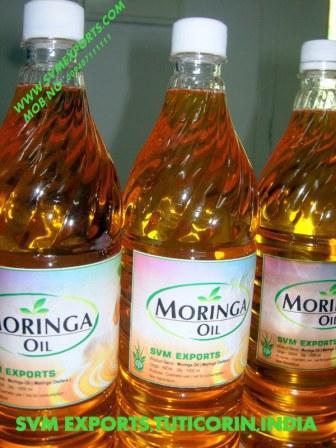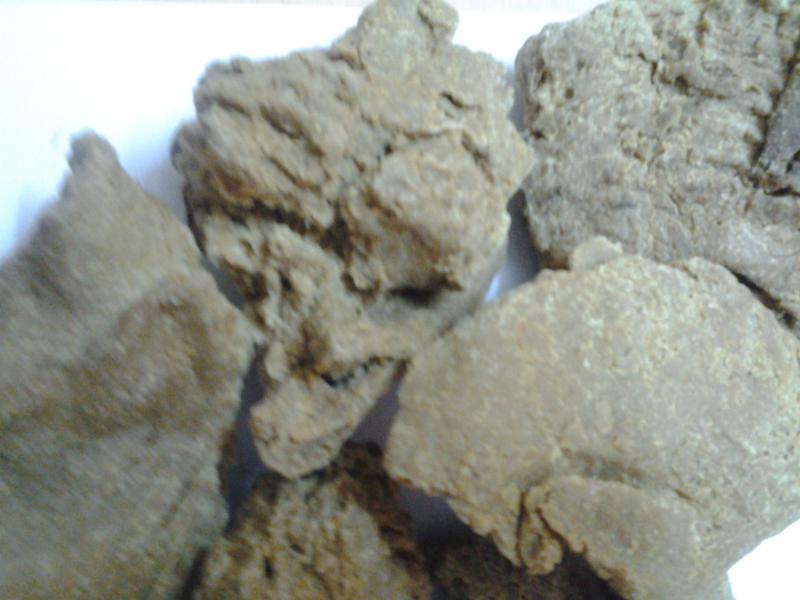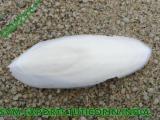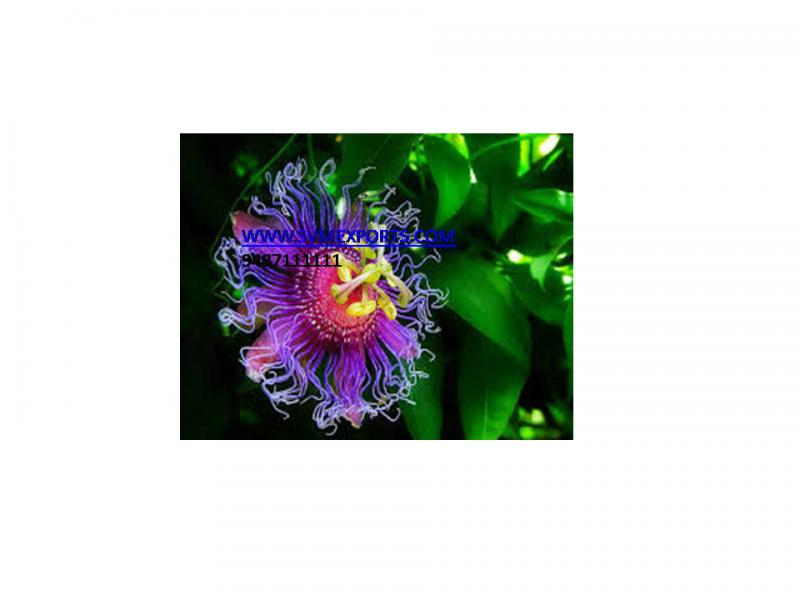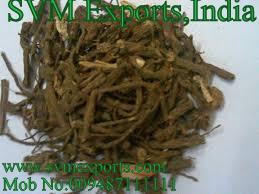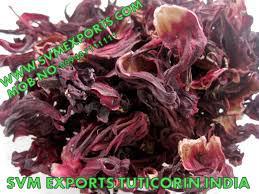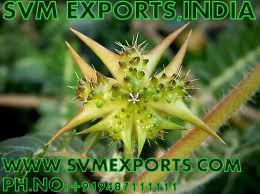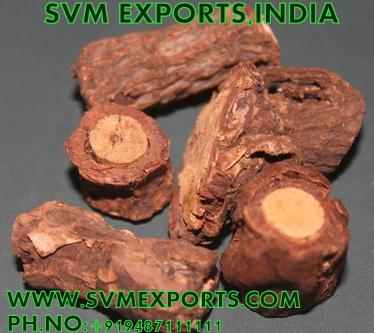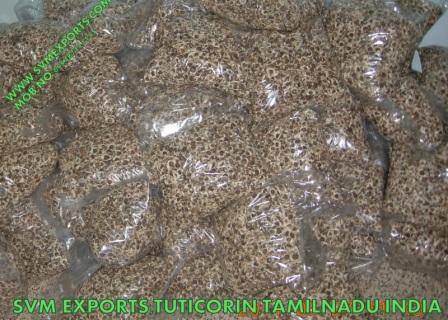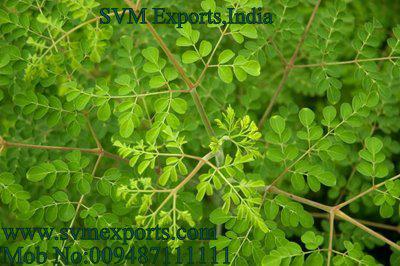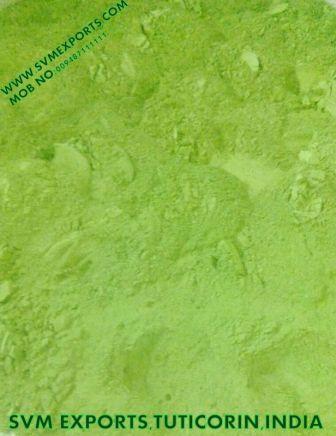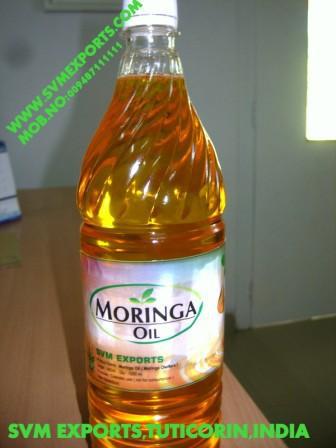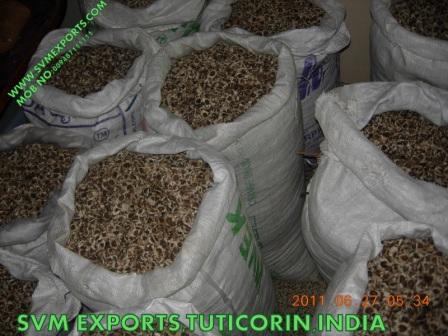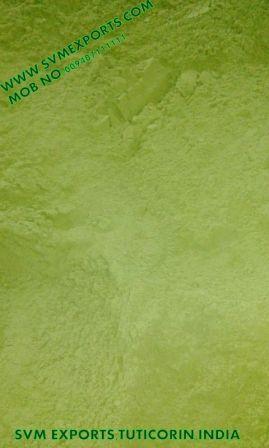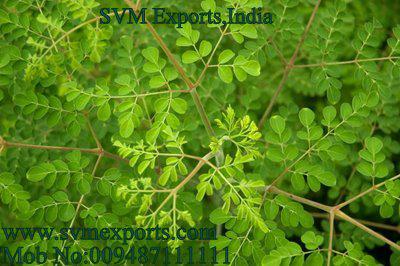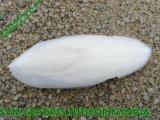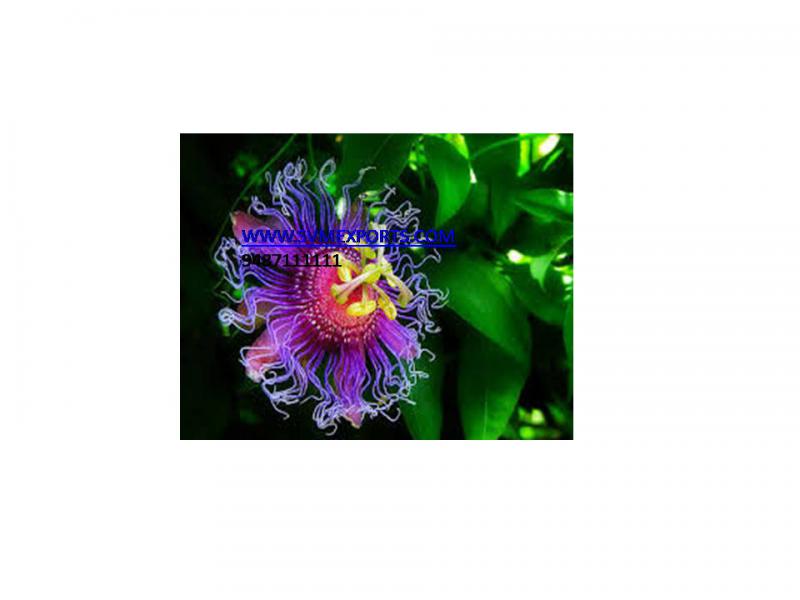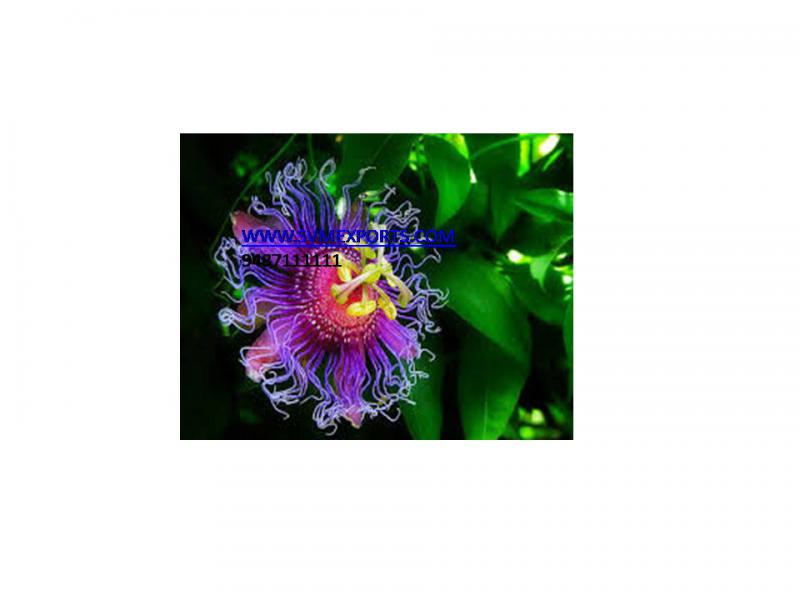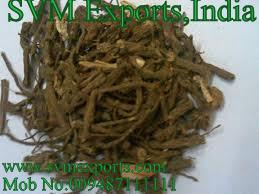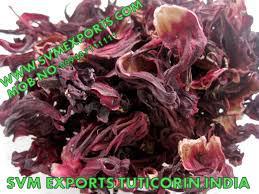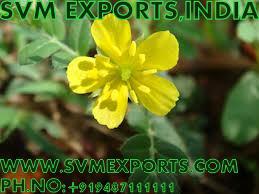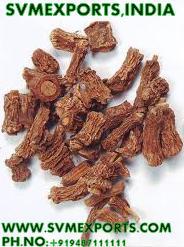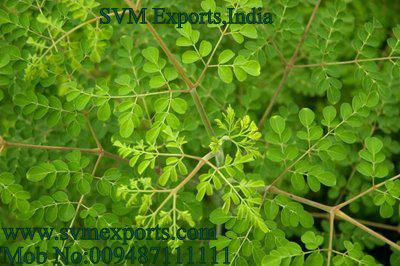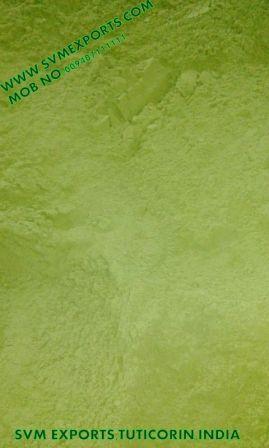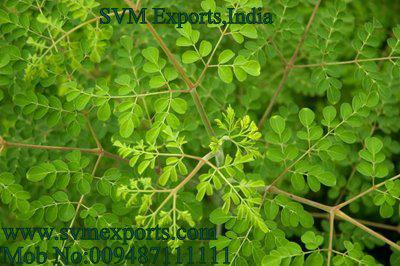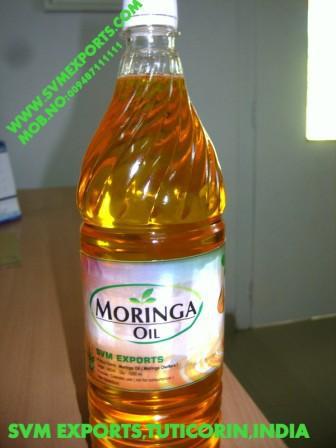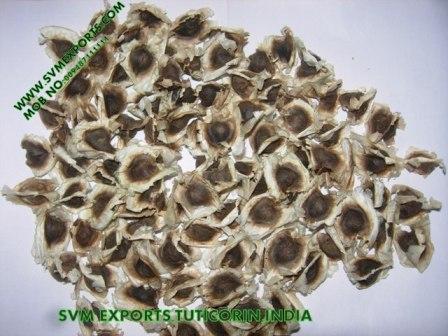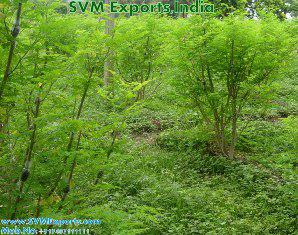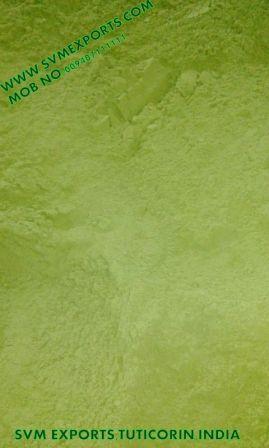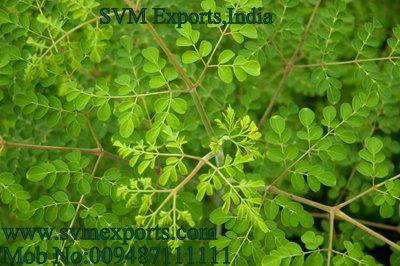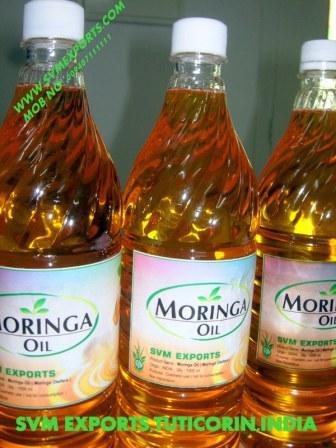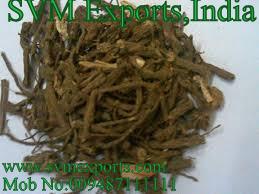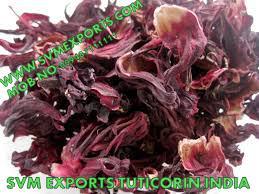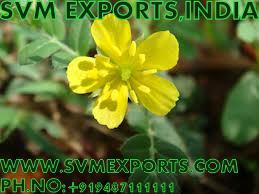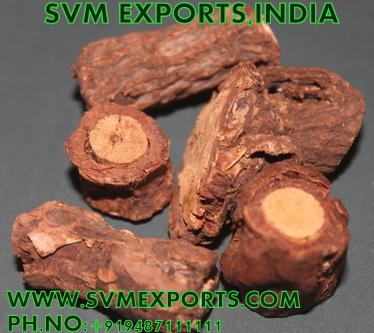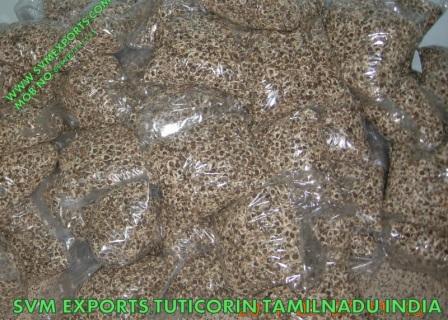SVM Exports
Product Range
Fact Sheet
- Location:Tamil Nadu, India
- Business Type:Exporter
- Turnover:Upto Rs. 50 Lakh
(or Upto USD 100 K) - Main Products:Moringa Seed, Moringa Oil
- Reviews & Rating:
Get Verified, Sell more with
- Buyer's trust
- Faster conversions
- Better Rankings
- More
Its Free
Verify NowPassiflora Incarnata Exporters India
Passiflora incarnate Passiflora incarnata also known as the Purple Passionflower or Maypop, is a fruit –bearing perennial vine common to the southeast United States.
- FOB PriceUSD-2-3-Kilogram
- Min Order Quantity1-Kilogram
- Payment TermsNA
Other Details
Passiflora incarnate
Passiflora incarnata also known as the Purple Passionflower or Maypop, is a fruit –bearing perennial vine common to the southeast United States. Though often considered a weed in its native habitat, the plant is used in horticultural applications due to its fast-growing vines and uniquely beautiful flowers. These white-to-purple summer-blooming flowers have a very interesting structure, including a showy corona, and grow to 2-3 inches in diameter. The fruit, also referred to as a Maypop for the sound it makes when stepped upon, is approximately the size of a chicken egg, and turns from green to orange as it ripens. The vines can grow from 6 to 25 feet long, but generally don’t climb higher than 8 feet tall.
Passionflowers are primary producers native to temperate deciduous forests. They are pollinated by bees, and are self-sterile. The fruit is commonly eaten by animals, including songbirds, which helps to distribute the seeds. The fruits are also an important larval food for some species of butterfly. Maypop fruits are similar to their relative the Passion Fruit, P. edulis, and can be eaten raw or made into jam or jelly. Native Americans traditionally used P. incarnata for its sedative and anxioltyic properties, in addition to eating the sweet fruit. These medicinal uses have been expanded upon in recent years, with P. incarnata extracts being shown to treat withdrawal symptoms and exhibit an aphrodisiac effect, in addition to the plant’s traditional effects being confirmed through various scientific means. Further research is being done to uncover the specific compounds responsible for these properties, so that they can be more effectively used for pharmaceutical applications.
Images
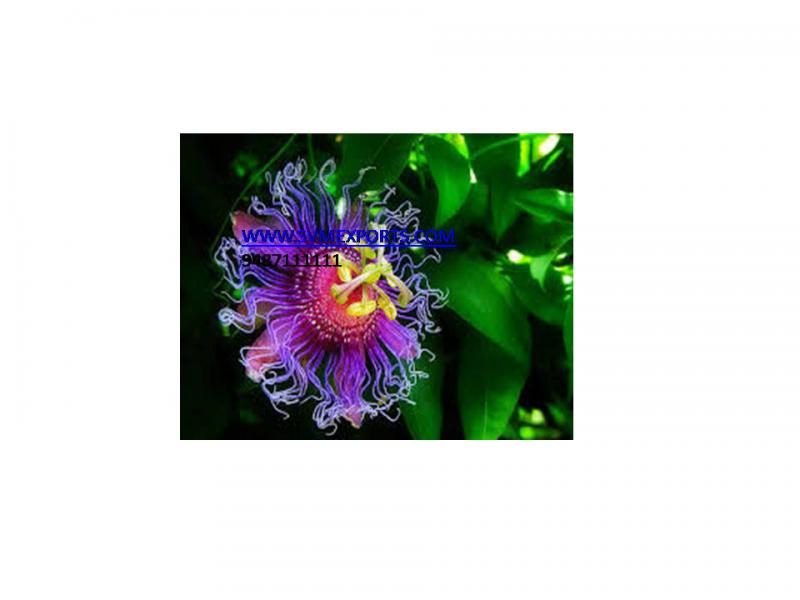
_205199.jpg)



_205199.jpg)

